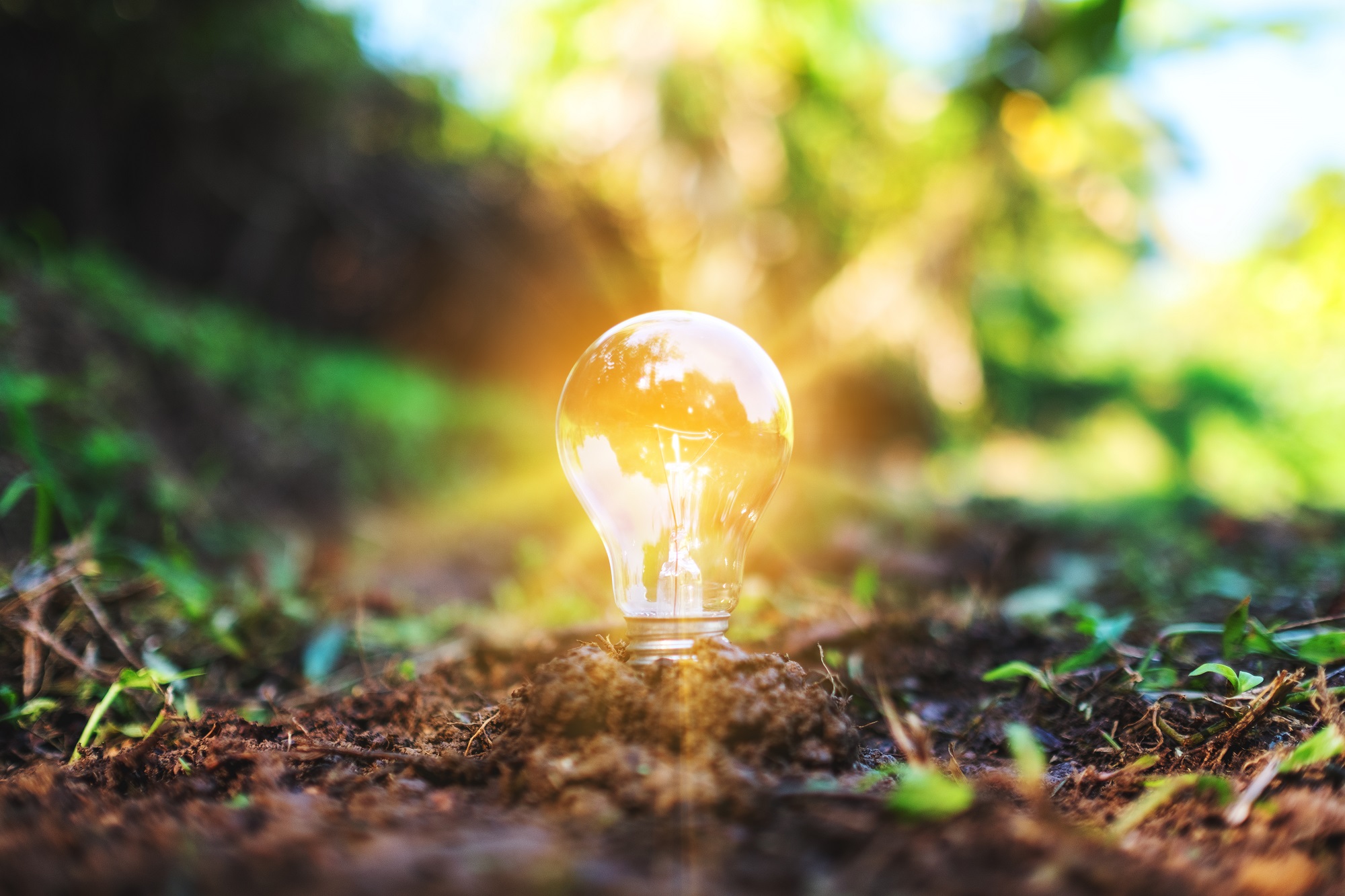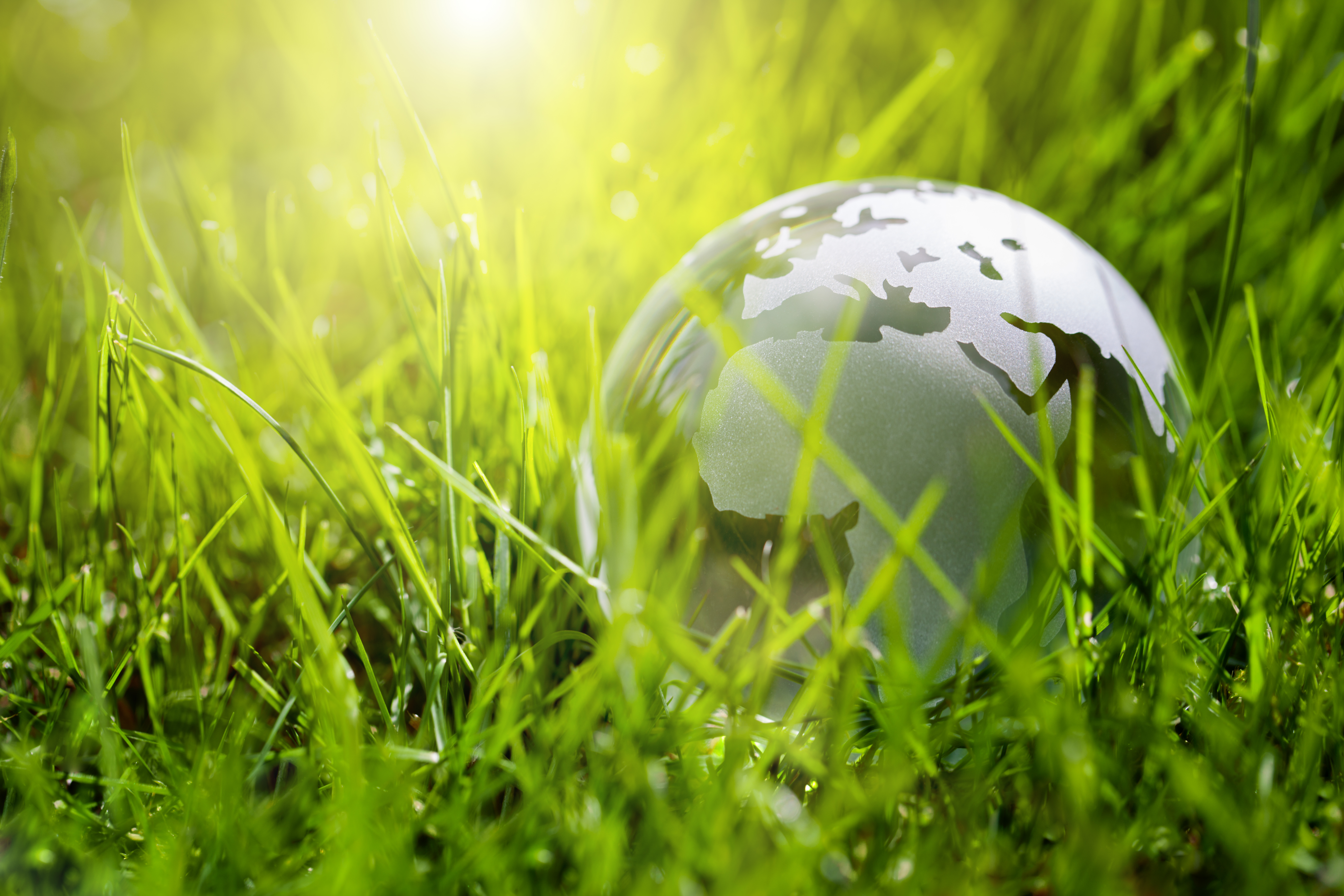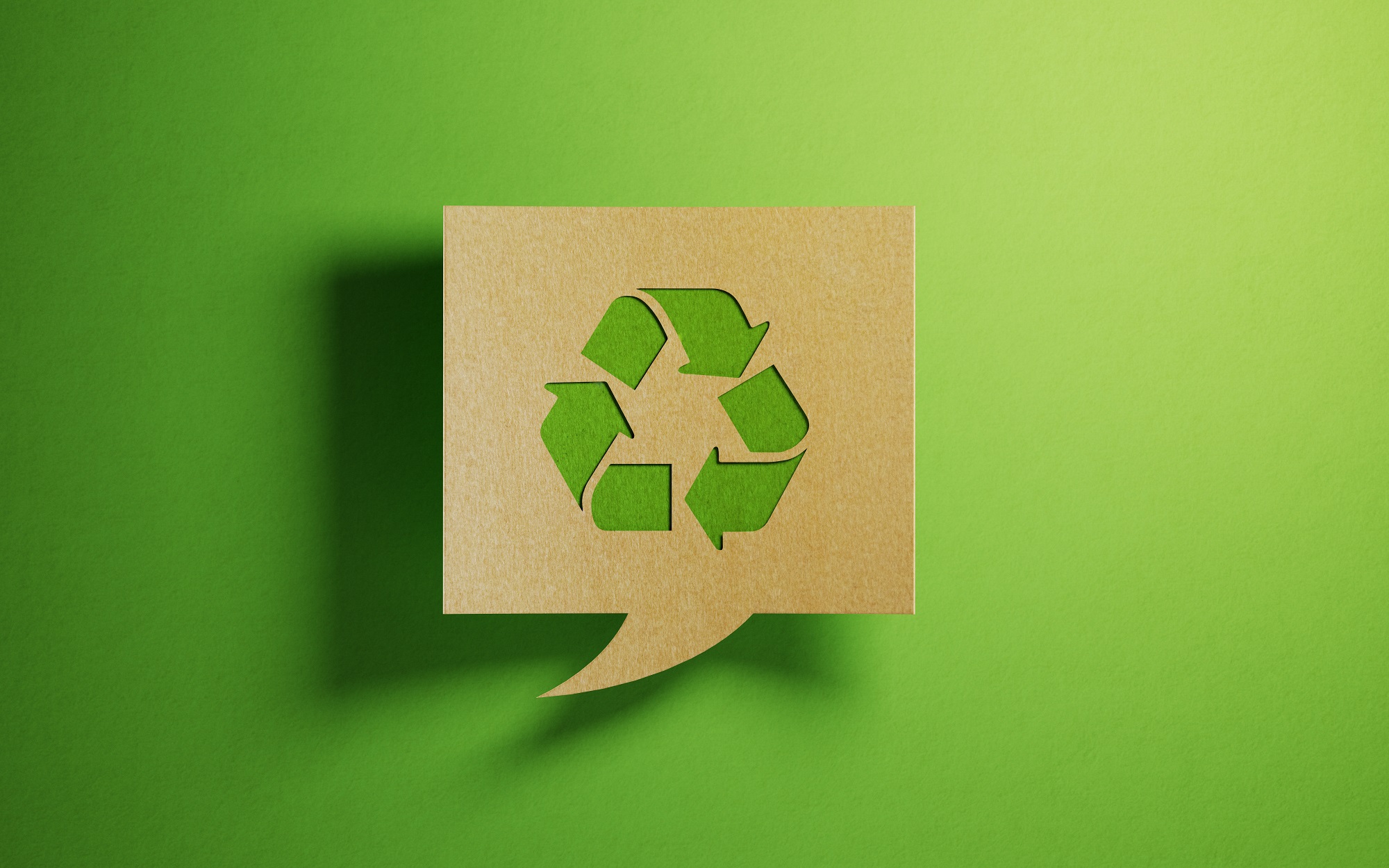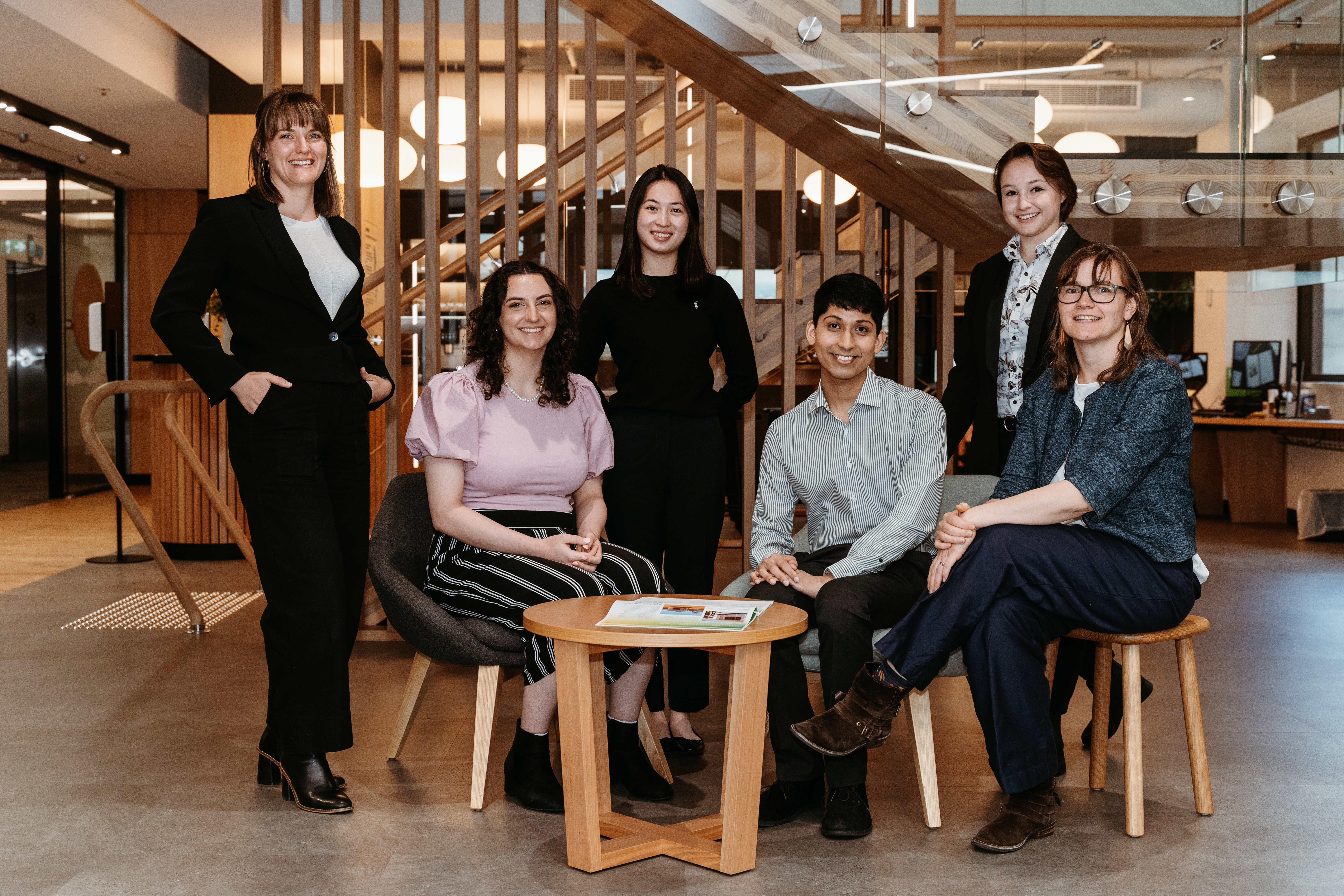
A new ministerial advisory group has been appointed and will meet for the first time in February to discuss Australia’s transition to a circular economy by 2030.
The Circular Economy Ministerial Advisory Group was established to advise government on the opportunities and challenges in making this transition.
Environment Minister Tanya Plibersek has announced new appointments to the group, which is led by its inaugural chair professor John Thwaites AM.
“Australians want to do their bit to reduce their waste, recycle household products and lighten their impact on the planet. Reducing waste – particularly plastic waste – is a priority for the government,” Plibersek said.
“However, a circular economy is more than just better recycling systems. It’s about designing out waste from the start. Making sure that new products are designed to last longer, to be reused and repaired, and able to have all parts recyclable at the end of the product’s life.”
“More than 70 per cent of environmental impacts are locked in at the design stage, before a consumer ever purchases a product, and well before we even consider its disposal or reuse.
“I’m excited about the economic opportunities of a circular economy. Australia can be a global leader in technology, innovation, design, materials and processes. By taking the lead, we can create good local jobs using extraordinary Australian creativity.”
Plibersek said the group has an impressive range of skills and knowledge, and their expertise reflect the whole-of supply-chain focus of the circular economy.
“We have a big task ahead of us, however with the Circular Economy Advisory Group, the work of state and territory Environment Ministers, and strong industry leadership – we will get there.”
Inaugural chair of the group, John Thwaites said there are are good things happening in waste and recycling but much more needs to be done to strengthen our circular economy.
“By developing our circular economy, we reduce waste and pollution, we get more value out of materials in our economy, and we put our economy on a more sustainable footing for growth over the long-term.
“We’ve brought together some of the best and brightest minds from industry, academia and the scientific community to advise on the best path forward. We’ll be looking at the most impactful policies and actions that government and industry can pursue to advance our circular economy.”
Comment below to have your say on this story.
If you have a news story or tip-off, get in touch at info@incleanmag.com.au
Sign up to INCLEAN’s newsletter.




